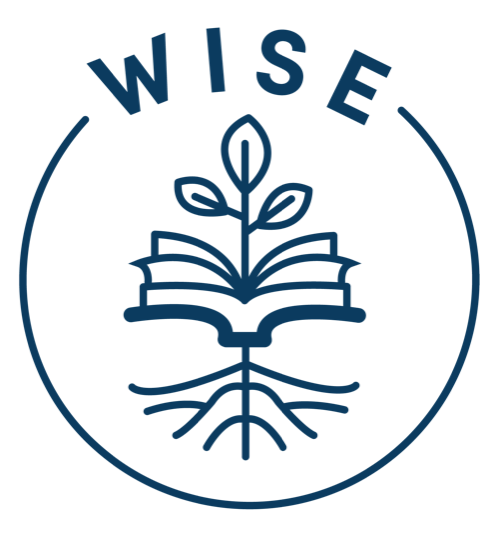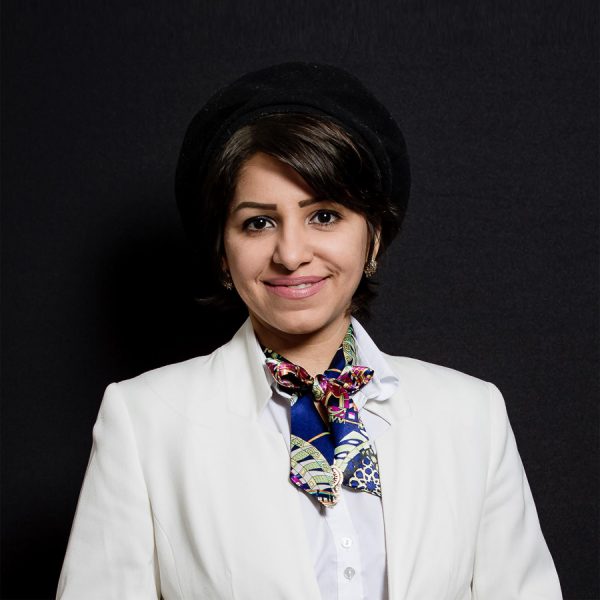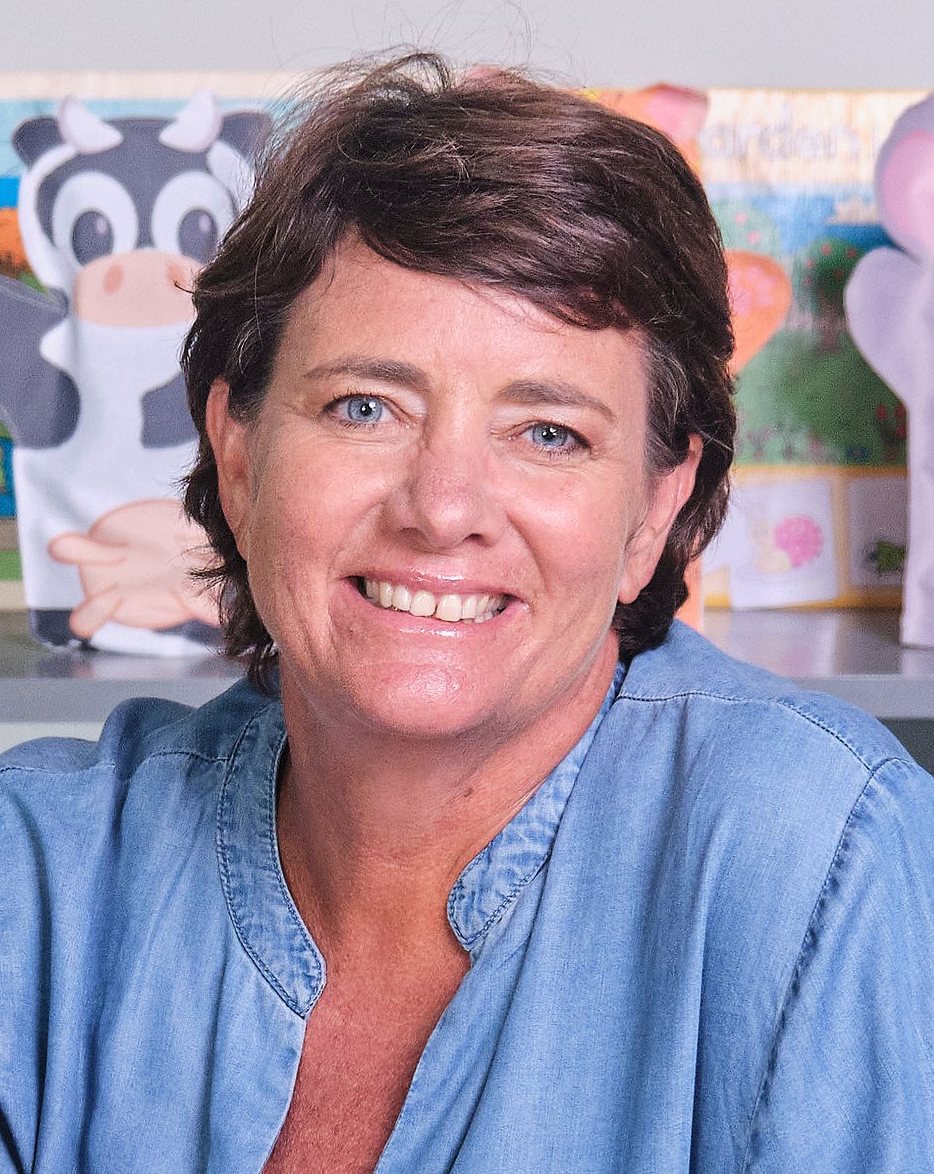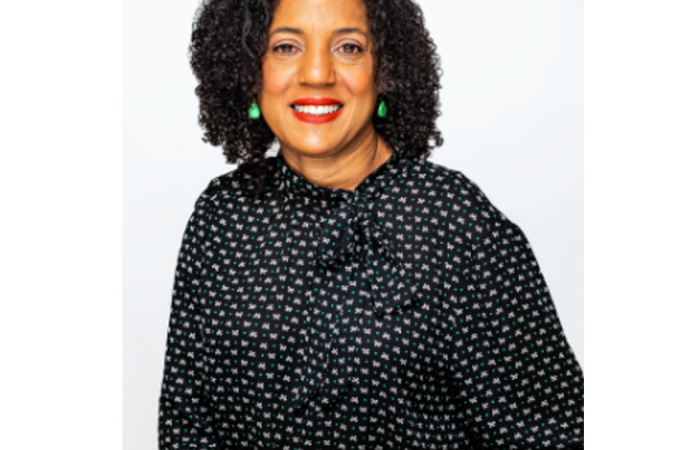BRAVO discovered that men specifically are much less likely to ask for psychological help, which studies have shown is the case around the world. To reach this population, BRAVO is creative. They offer trauma-informed healing techniques and strategies to those in a victim’s life, teaching their partners, children, and friends the proper techniques and coping mechanisms to help their loved one healthily deal with their trauma.
Dr. Dhaif is successfully “scaling deep,” changing dominant mindsets about trauma and seeking professional help. BRAVO brings an innovative and highly personal approach – they teach victims to be healing ambassadors and take on leadership positions in their communities to encourage others to seek help. Because of their shared experiences of trauma, healing ambassadors have both high retention rates and referrals. Dr. Dhaif said, “It’s much easier to talk to people who are from the same community and understand the dynamics. The approach is much more intimate when someone is from the same background and exposed to the same circumstances.” Since BRAVO addresses not only victims of torture and trauma but also their families and friends, their impact reaches entire communities. Her strategies are working–the number of those seeking treatment grows every year.
After receiving treatment from BRAVO, follow-up statistics show that their treatment approach has empowered people to resume their lives and re-engage with society. In fact, Dr. Dhaif said that more than 90% went back to school or work and have successfully reintegrated into their communities.
Due to the unstable political environment in Bahrain, establishing BRAVO was risky and, to this day, is not recognized by the Bahraini government. However, it has still managed to create a shift in how the country addresses mental health. 11 years later, BRAVO’s network has reached over 100,000 beneficiaries, providing them with invaluable healing tools. The evidence of her impact can be seen in the increase of clients and their referrals in addition to the rise in the numbers of psychiatrists in Bahrain from one per 200,000 people in 2011 to one per 80,000 today.
Additionally, Dr. Dhaif said, “The number of similar rehabilitation facilities and clinics has been increasing and mushrooming over recent years.” Since the pandemic, BRAVO has moved many of its resources and sessions online which has furthered its reach with thousands of views coming from the region and around the world.
Dr. Dhaif reflected, “Those who have received treatment have started the grassroots movement. The victims of yesterday have become the healers of today and tomorrow.”





